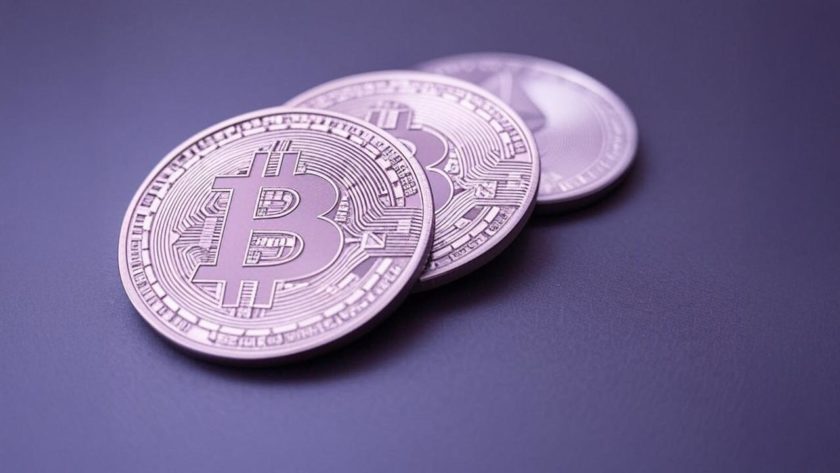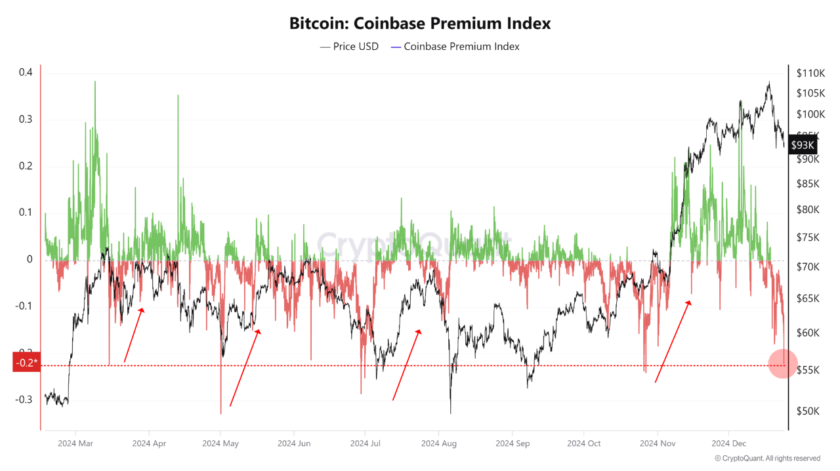Allaire On Crypto Spring
Ever since Bitcoin (BTC) and other crypto assets have begun to rebound, mainstream media has been all over the space once again, in a way somewhat reminiscent of 2017.
Yesterday, Jeremy Allaire, the chief executive of the Goldman Sachs-based Circle, joined CNBC’s “Squawk Box” panel to talk about the ongoing cryptocurrency spring, and why Bitcoin can continue to see continued growth with time.
Explaining what’s up with the recent Bitcoin rally past $11,000, Allaire asserts that investors across the board, especially institutional players, have come to a greater understanding of the space and have tried to accumulate due to growing fundamentals of cryptocurrency and blockchain.
But most importantly, he claims that investors have started to await the launch of “next generation blockchains” (Cosmos, Algorand, etc.), Libra, of course, being the latest and one of the most important.
On the matter of why he thinks the launch of these blockchains will aid Bitcoin, the chief executive noted that new platforms and digital assets will bring together the diverse ecosystem. Libra and other stablecoins, for instance, can act as a unit of account, whether that be for salary or tax purposes.
But from there, as a result of network effects, stablecoins acting as onramps, among other factors, non-sovereign monies, especially Bitcoin, will continue to become more and more important on the stage of global finance. As Allaire puts it:
“More people are going to see the value of a censorship-resistant, highly secure digital asset.”
Macroeconomic Backdrop Accentuating Need for Bitcoin & Gold
Indeed, the current macroeconomic backdrop is, in the eyes of many analysts, creating a need for Bitcoin right now. A need that may only grow rapidly with time.
- Over the past month, Hong Kong has experienced massive protests. Hongkongers fear that an extradition bill recently proposed can be used to extract those critical of Beijing’s policies and send them to mainland Chinese courts, where they can then be tried and potentially face a harsher sentence than if they were to remain in Hong Kong. As a result, many have begun to move capital out of Hong Kong and begun to stop using fintech accessories. Bitcoin, of course, is very important in this fight for freedom. Case in point, Hong Kong crypto exchanges saw a premium last week, as LocalBitcoin’s HKD volume shot through the roof.
- Recently, Italy’s deputy prime minister has proposed a tax on citizens’ savings. Per a report from Reuters, the regulator, Matteo Salvini, told a late-night television program that he had been informed the safety deposit boxes across the European nation hold assets worth hundreds of billions. As a result of this “substantially hidden money”, Salvini, who evidently is a powerful man in Italy, proposes a 15% tax on those that declare their deposit-box holdings. As prominent analyst Alex Krüger kindly puts it, “Italy could end up being the best thing to ever happen to bitcoin.”
- But most importantly in this section, the Federal Reserve recently announced that it will be doubling-down on inflationary fiscal policy, with chairman Jerome Powell hinting that he will cute the Fed Funds rate. This is bullish for Bitcoin in the short term, as it incentivized investors to look to more risky assets. It also is bullish for Bitcoin in the long term, in that inflationary policies force investors to look for “harder monies”, namely something supply capped like BTC.
Photo by Chris Lawton on Unsplash




